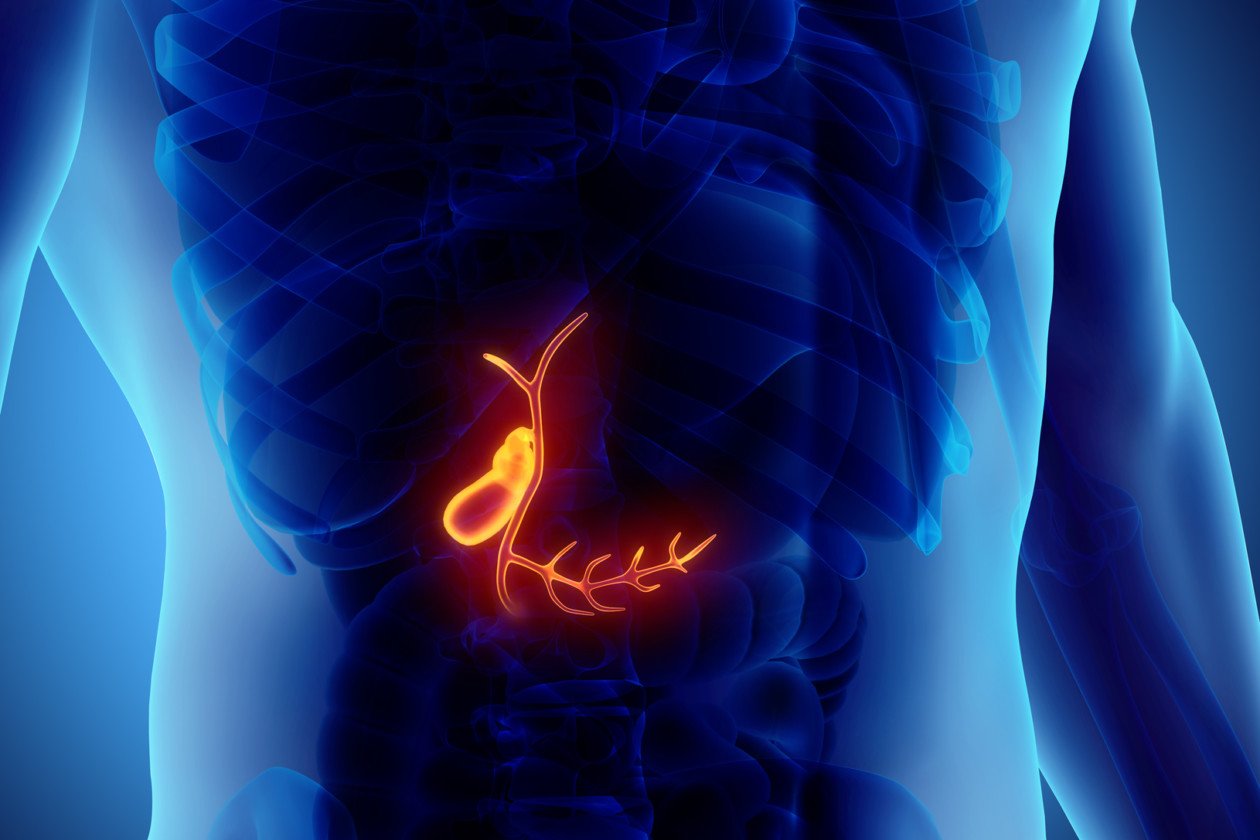What Should Be Done If Cancer Is Detected After A Laparoscopic Cholecystectomy?
Apr 19, 2022
One of the most common operations performed today is a laparoscopic cholecystectomy, which means removal of the gallbladder. This surgery is usually done for gallstone disease, pus in the gallbladder or other reasons when the gallbladder is not functioning well. This is generally a straightforward surgery, and the gallbladder should be sent to the pathology laboratory for biopsy/histopathology even if it looks normal. Gallbladder cancer should never be taken lightly as it is a very dangerous disease. It is important to ask your surgeon about the biopsy report and not just get carried away by the number or size of the stones removed.

The chances of cancer in a patient with gall stones is less than 1%. But around 90% of patients with gallbladder cancer have gallstones, which is the most common cause of gallbladder cancer.
If the biopsy report reveals cancer or is suspicious for cancer, it is important to consult a surgical oncologist. They will review the histopathology report to better understand the amount of tumor penetration. In addition, a PET scan should be done to assess the tumor spread in the body. A tumor marker (Ca 19-9) is also useful.
If the stage is very early stage 1 (pT1a), then no further treatment is required and regular follow up is enough. If the tumor is late stage 1, stage 2, or early stage 3, a revision radical surgery should be done since there is a high chance of residual disease. This entails removal of part of the liver, surrounding lymph nodes, and sometimes other adjacent organs which are affected by the cancer. This should be done even if the PET scan is normal. If late stage 3 or stage 4, only chemotherapy or chemo radiation is an option, and treatment intent is palliative.
To sum up, an oncologist’s opinion is mandatory if cancer is detected on the biopsy report after a cholecystectomy and, more often than not, further treatment is required.









